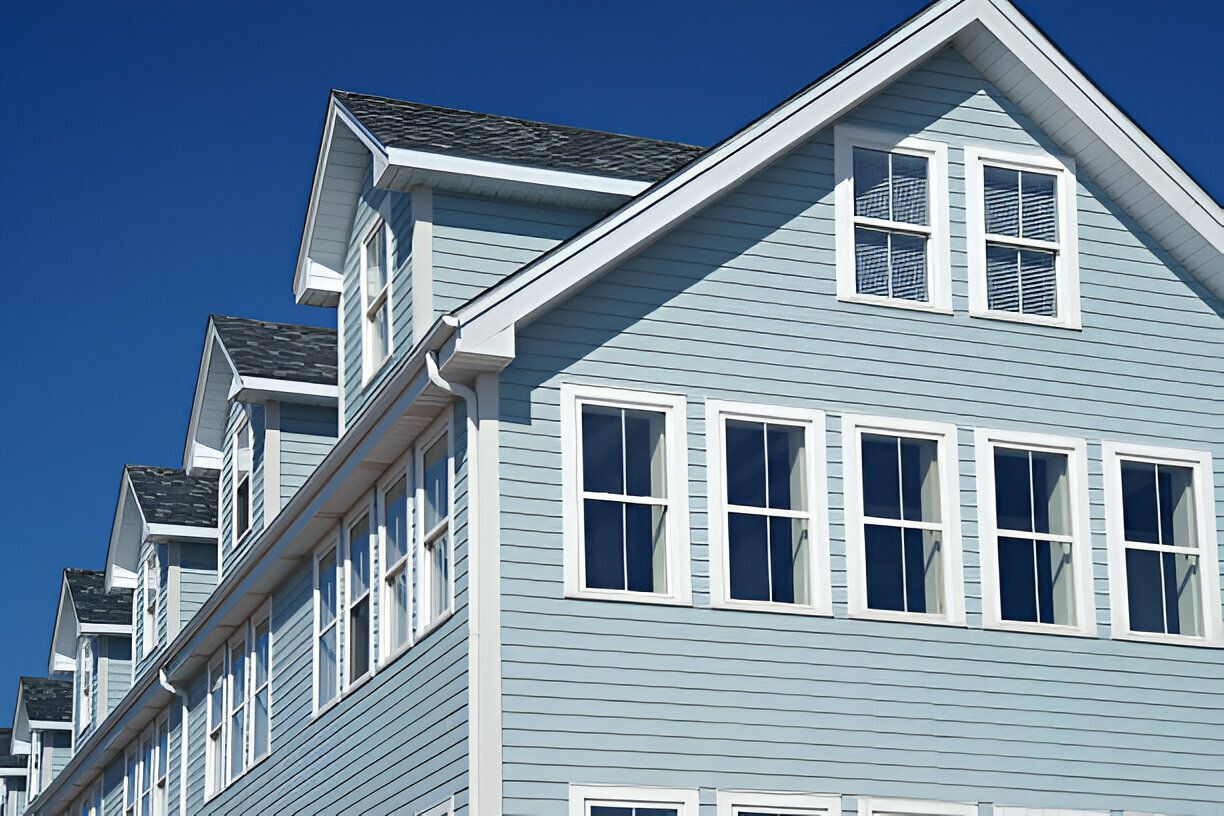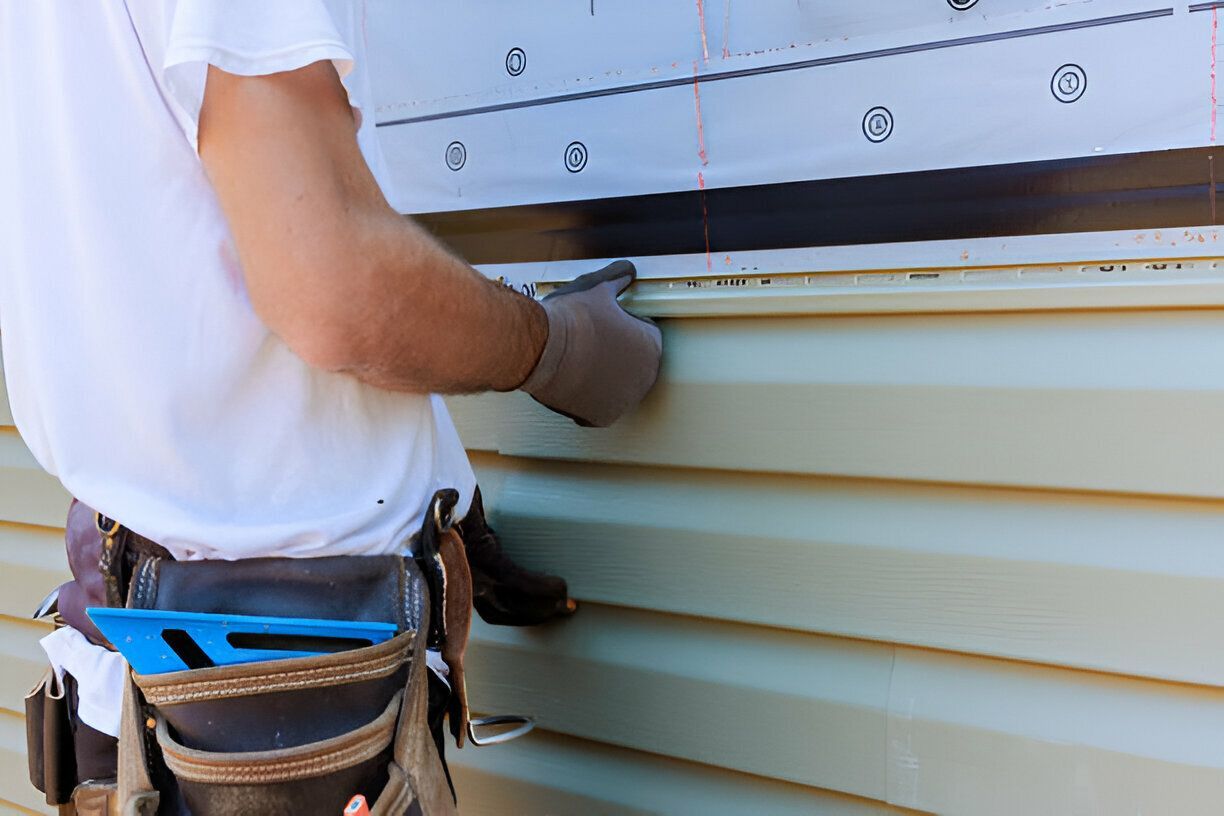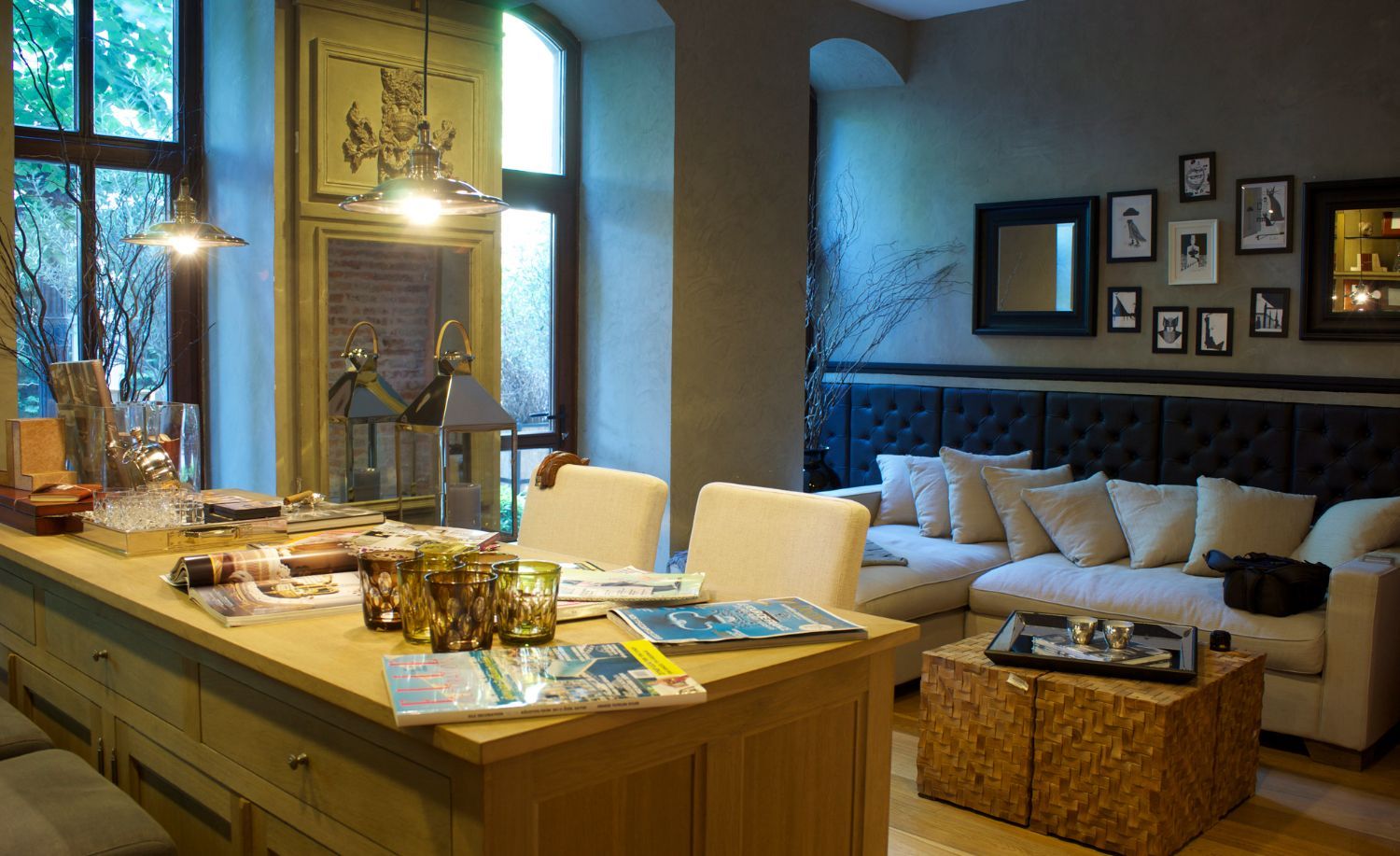How You Can Save on Energy Bills with Insulated Siding
Your home’s siding does more than just boost curb appeal—it’s also one of the first lines of defense against the elements. While standard siding offers some level of protection and insulation, insulated siding takes energy efficiency to a whole new level. If you’re tired of skyrocketing heating and cooling bills or dealing with uncomfortable indoor temperatures, upgrading to insulated siding could be a smart investment.
Whether you're building a new home or replacing old cladding, choosing siding installation Seattle that includes energy-efficient materials can make a measurable impact on your utility costs and year-round comfort.
In this article, we're going to discuss what insulated siding is, how it works, and most importantly, how it can save you money on energy bills while enhancing your home's comfort, durability, and value.

What Is Insulated Siding?
Insulated siding is vinyl, fiber cement, or other exterior siding material with a layer of rigid foam insulation bonded behind it, usually with an expanded polystyrene (EPS) composition. This foam is affixed to the back of the siding panels permanently and is intended to form a thermal barrier between the outside world and your home.
The payoff? Improved temperature control, greater energy efficiency, and another barrier of comfort and protection for your house.
How Insulated Siding Reduces Energy Bills
1. Blocks Heat Loss and Gain
Older siding allows more heat to penetrate, so it's more difficult for your heating and cooling system to keep your indoor temperature stable. On the other hand, insulated siding brings R-value (thermal resistance) into your home's outer walls, lessening not only winter heat loss but also summer heat gain.
That means your heaters and air conditioners have less work to do, which equates to less energy usage and lower utility bills year-round.
2. Reduces Air Leaks and Drafts
Over time, older houses or low-quality installations may develop cracks and spaces. The tiny gaps allow cold air to enter in the winter and hot air in the summer, increasing energy consumption.
Insulated siding is a solid blanket that fills gaps between studs and reduces drafts. The air-sealing that occurs with this makes the entire energy performance of your home better and each room more comfortable.
For homeowners seeking efficiency and durability, working with experienced
siding contractors Seattle ensures that the installation is done right—maximizing the thermal benefits and extending your siding's lifespan.
3. Enhances Moisture Control
Certain insulated siding products contain moisture-resistant barriers that prevent water from getting in. By keeping your insulation dry and minimizing the risk of mold or mildew, your walls are able to be a better thermal resistor.
Less water means your heating and cooling systems don't have to labor extra to make up for lost efficiency—another reason energy bills remain low.
4. Enhances HVAC Efficiency
When your house is more insulated, your heating and air conditioning system operates more effectively. That translates to fewer maintenance expenses, greater lifespan, and less energy consumption. This efficiency, in turn, translates over time to you saving hundreds of dollars a year, depending on where you live, the climate, and how old your existing siding is.
5. Improves Indoor Comfort Year-Round
One of the often-overlooked benefits of insulated siding is the overall improvement in indoor comfort. By reducing heat transfer and minimizing drafts, insulated siding helps maintain more consistent temperatures throughout the home. This means fewer cold spots in winter and less overheating near sun-exposed walls in summer. The enhanced thermal regulation can be especially noticeable in older homes, where comfort often varies room by room.
6. Contributes to a Quieter Home Environment
In addition to thermal benefits, insulated siding also provides a degree of soundproofing. The added insulation layer dampens outdoor noise such as traffic, neighbors, or wind, making your indoor environment noticeably quieter. For homes located in urban areas or near busy streets, this reduction in noise pollution can be a significant lifestyle upgrade—adding not just comfort but peace of mind.
This improved acoustic performance contributes to better sleep, reduced stress, and a more peaceful living environment overall.
Environmental and Long-Term Benefits
Apart from cost savings, insulated siding is also an environment-friendly option. Saving energy lowers the carbon footprint of your home and contributes to a greener future.
It also increases your property value—homebuyers are looking for energy-efficient homes more and more, and insulated siding may be a big selling point.
How Much Can You Save?
Savings vary depending on:
Your home's size and structure- Climate and seasonal temperature fluctuations
- Your HVAC system's age and efficiency
- The present state of your siding
To be sure, the U.S. Department of Energy estimates that upgrading wall insulation can reduce heating and cooling expenses by up to 20%. Combined with other energy-efficient improvements, insulated siding becomes an effective long-term savings solution.

Is Insulated Siding Right for You?
If you’re planning to replace or upgrade your home’s exterior, insulated siding should be a serious consideration. It’s particularly beneficial for:
- Older homes with little or no wall insulation
- Homeowners in regions with extreme temperatures
- Anyone looking to lower monthly utility bills
- Those wanting to improve indoor comfort year-round
And with professional installation, you’ll ensure a perfect fit and long-lasting performance.
United Seattle’s Insulated Siding Solutions
At United Seattle, professionals specialize in energy-efficient siding solutions specific to the needs and style of your home. The skilled team employs high-performing insulated siding materials and precise installation methods to optimize energy performance and enhance your home's exterior appeal.
They also provide warranties on labor and materials, so you can have confidence that your investment is protected.
If you're in the Pacific Northwest and ready to upgrade your siding, work with a siding contractor Seattle WA, who understands local weather conditions and energy requirements to get the best long-term value.
How long does insulated siding last?
With proper maintenance and installation, insulated siding will last 30–40 years or more, depending on the material. Vinyl and fiber cement siding are especially long-wearing.
Is insulated siding eligible for energy efficiency rebates or tax credits?
Sometimes, yes. Contact your local utility company or government programs—most have incentives for energy-efficient home improvements, including insulated siding.
Is insulated siding costlier than ordinary siding?
Yes, initially. Insulated siding typically costs 10–20% more to install than regular siding. Yet, the energy savings and added comfort usually pay for the premium in the long run.
Can insulated siding lower outside noise?
Yes. The foam insulation acts as a sound barrier, which does cut down on external noise, a big plus in noisy neighborhoods or along traffic routes.
Will insulated siding enhance my home's resale value?
Definitely. Energy-efficient improvements such as insulated siding are attractive to consumers and may boost your home's value.


We Offer All the Services You Need in One Place! We Will Save You Time and Money!
Call Us at (425) 521-7916 Now to Get a Free Estimate or a Free Consultation for Any of Our Services!

